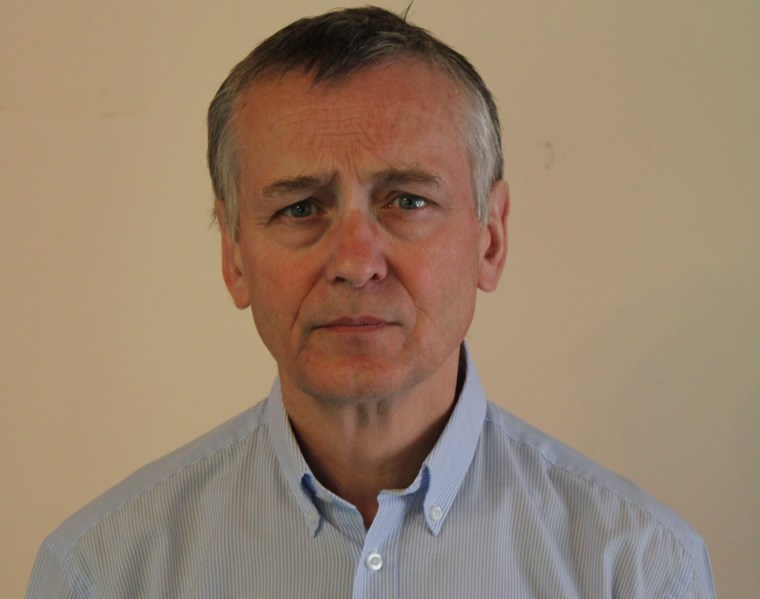Berlin, March 28, 2022 — British authorities must immediately explain the reason for their detention and questioning of journalist Martin Banks, and guarantee the protection of his journalistic sources, the Committee to Protect Journalists said Monday.
On February 26, U.K. border police at the Eurotunnel train terminal in Calais, France, detained Banks for about six hours as he tried to enter the U.K. with his family, confiscated his reporting equipment, and questioned him about his work, according to news reports first published last week and the journalist, who communicated with CPJ via email.
The officers asked Banks, a British citizen who reports on the European Union and works for a U.K.-based communications company, whether he had covered the Russian invasion of Ukraine, and also asked about articles he published in 2021 that were critical of EU, U.K., and Belgian authorities’ COVID-19 vaccination policies, he told CPJ, saying they also asked how he thought his reporting might influence policymakers.
The police then seized Banks’ U.K. and Belgian phones, his computer, five DVDs containing family photos, and a camera memory card, and forced him to turn over passwords for his devices, according to the journalist and a complaint he filed with British authorities, which CPJ reviewed.
The officers told Banks that they were authorized to detain him under Schedule 3 of the Counter-Terrorism and Border Security Act 2019, but did not give any exact reason for the stop, he told CPJ, saying that they released him without charge after six hours, the maximum time allowable under that law, and allowed him to enter the U.K. The police returned his confiscated items on March 6, Banks said.
“U.K. border police must immediately disclose the reason why they detained and questioned journalist Martin Banks, and conduct a swift and transparent investigation into the complaint he filed,” said Attila Mong, CPJ’s Europe representative. “It is absolutely unacceptable for the police to seize a journalist’s computer and mobile phone without explanation. British authorities must guarantee that journalists are able to protect their professional sources and are not subject to arbitrary harassment.”
During his detention, the police also swabbed Banks’ mouth to collect a DNA sample, took his fingerprints, asked him about his personal finances, and searched his car, collecting personal notes and printed news stories.
Banks told CPJ that he had no idea why police detained him. He said the officers offered him legal representation, but said he declined it because he thought “this would be something that would be dealt with quite quickly and without the need for such representation,” and because his family was waiting for him.
“I regularly report on many, many, many different issues ranging from climate, migration, foreign affairs in general, sustainability, the list is endless,” he told CPJ.
He added that he had not received any response to his official complaint as of March 28.
CPJ emailed the U.K. Home Office, which oversees the border police, but did not immediately receive any reply.
